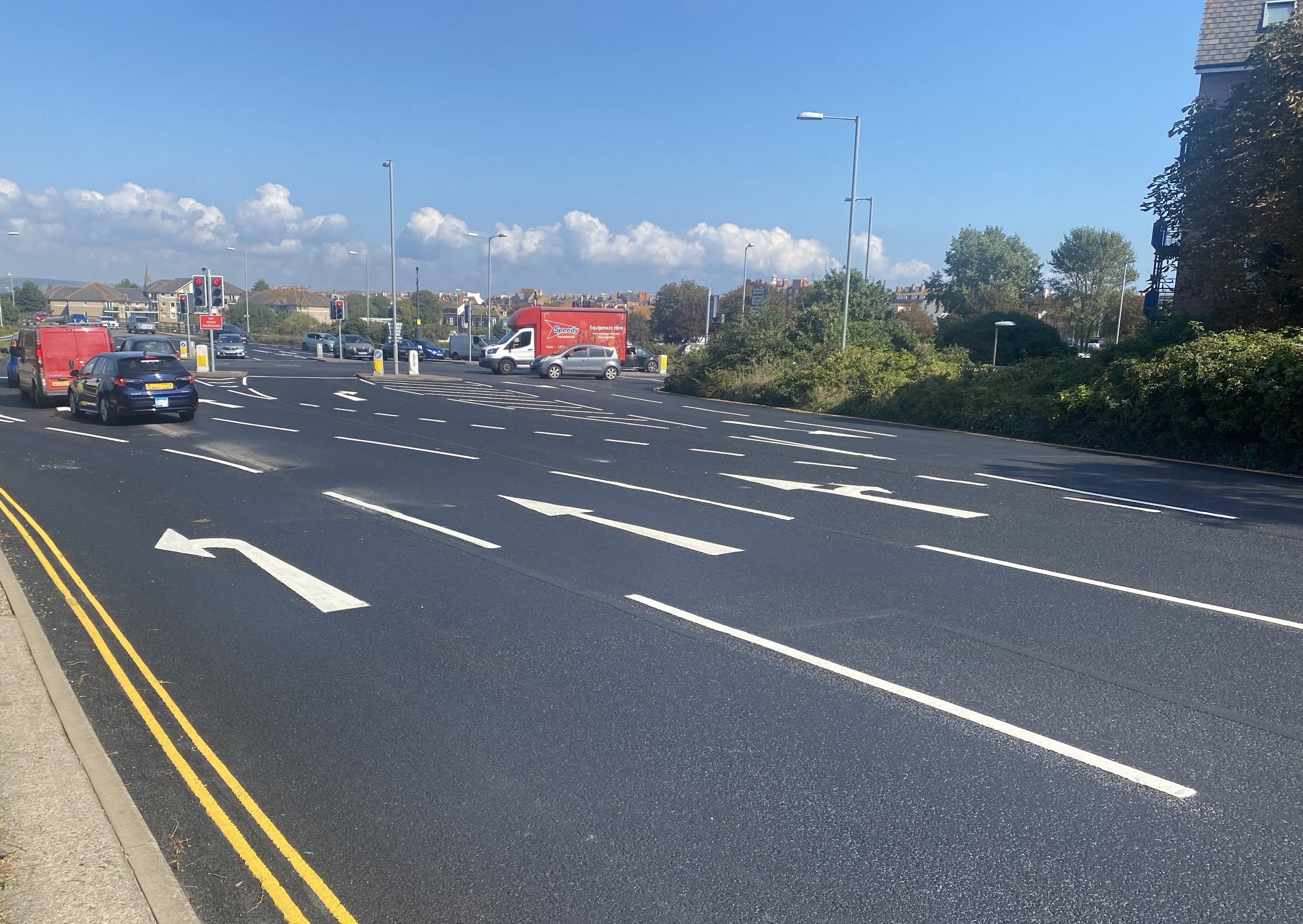July work to protect against potholes

As part of our ongoing maintenance programme, a number of roads in the Dorset Council area are to be given an early intervention to seal against water and prevent pot holes.
Known as road preservation, an asphalt liquid is sprayed onto the surface to seal small cracks, preventing water from causing more damage.
Our contractor RMS (Road Maintenance Services Ltd) will be carrying out the work.
It is a quick process that takes place overnight, but while the work takes place there will be road closures with diversions. Neighbouring households will be informed by letter.
Signs are erected in advance of the works. If this includes no on-street parking, please keep to the restrictions so work can take place quickly and safely.
As the sealing and painting process depends on dry weather, please keep an eye on local signs for any changes to the schedule.
Work will take place overnight on the dates stated, weather permitting, from 8pm to 5am. Where lines need to be repainted, this will be done the same night or the following night. For details of all scheduled roadworks in the Dorset Council area, please see our map.
The roads being treated, and when
A3066 Beaminster – 9 to 10 July
A352 Middlemarsh – 10 to 11 July
B3155 Preston Road, Weymouth – 11 to 12 July
Salisbury Street, Blandford Forum – 12 to 13 July
Whitecliff Milll Street, Blandford Forum – 12 to 13 July
Milldown Road, Blandford Forum – 12 to 13 July
A350, Shaston Road, Stourpaine – 14 to 15 July
Abbotsbury Road, Weymouth – 15 to 16 July
Dorchester Road, Weymouth (from Lidl to Westerhall) – 16 to 17 July
Bincombe Bumps roundabout, Weymouth – 17 to 18 July
Bincombe Bumps roundabout to Jurassic roundabout, Weymouth – 17 to 18 July
A353 Littlemoor Road, Weymouth – 18 to 19 July
London Road, Dorchester – 19 to 20 July
Blandford Hill, Milborne St Andrew – 23 to 24 July
Ringwood Road, Ferndown – 24 to 25 July
Station Road, Alderholt – 25 to 26 July
Station Road, Verwood – 26 to 27 July
Early, preventative maintenance is the most cost-effective way to maintain roads.
In the lifecycle of a road, preservation is the first intervention to keep the road surface in a good condition.
The next intervention level to keep roads in a good condition is patching of the worst damage followed with a surface dressing to seal the road from water.
Damage beyond these interventions would require resurfacing, which is much more costly.
By carrying out repairs specific to the damage evidenced in the individual road, we can carry out maintenance on more roads, reduce emissions by using less raw material and create less waste compared to solely using resurfacing.
Categories: Highways

Comments
0 Comments